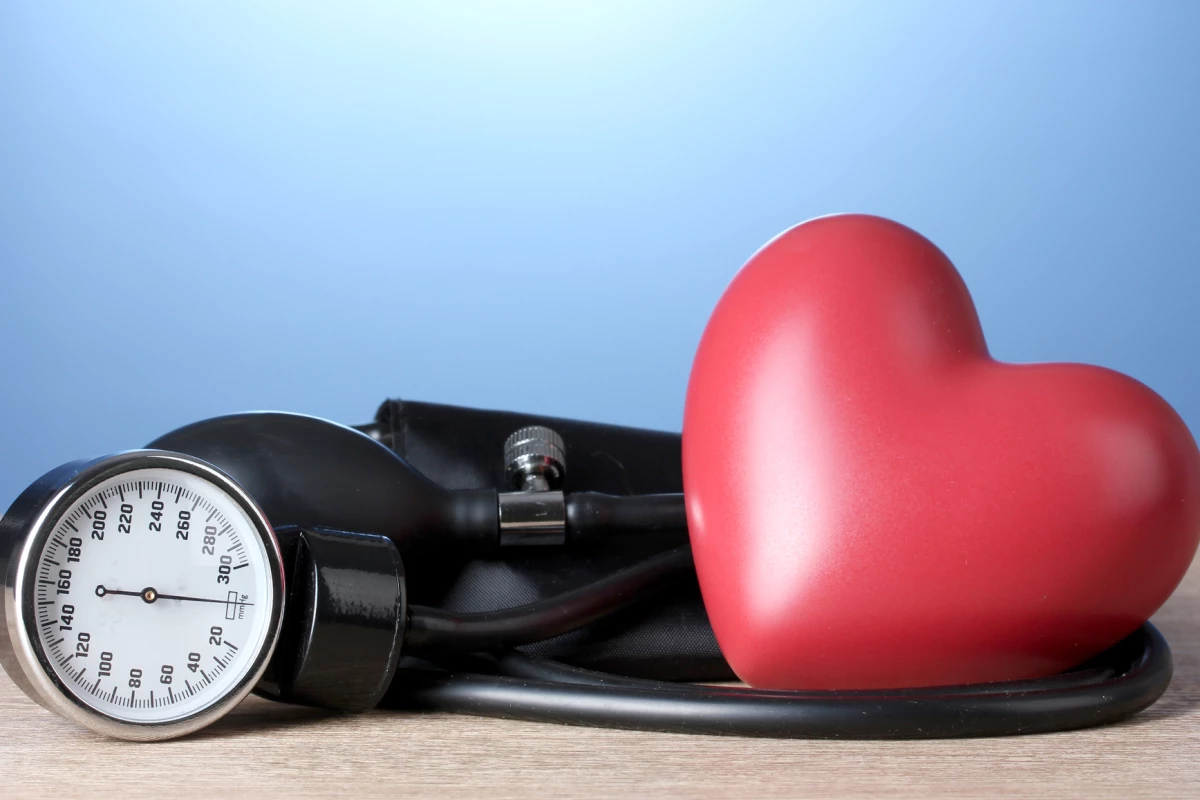People with high blood pressure may soon be able to swap the daily pills for an injection every few months. A phase 2 clinical trial has shown that a drug called Zilebesiran can drastically reduce blood pressure for long periods of time with no side effects.
According to the American Heart Association’s 2023 report, some 46.7% of American adults have high blood pressure. If untreated, the condition can lead to a variety of complications, including an increased risk of heart disease. It’s most commonly treated with oral medication like ACE inhibitors or calcium channel blockers, which need to be taken once or twice a day.
An experimental drug could help reduce that disease management burden by only needing to be administered every few months. Administered via subcutaneous injection, similar to insulin for diabetics, Zilebesiran is an RNA interference agent that targets a liver hormone called AGT that regulates blood pressure.
The current trial investigated Zilebesiran’s safety and efficacy in 377 patients with mild-to-moderate high blood pressure, defined as systolic blood pressure of between 135 and 160 mmHg. These patients were randomized into five groups, receiving either 150, 300 or 600 mg of Zilebesiran every six months, 300 mg every three months, or a placebo.
Patients who received any dose of Zilebesiran showed reductions in 24-hour systolic blood pressure of more than 10 mmHg on average, compared to the placebo group. At the three-month check-up, it was reduced by 14.1 mmHg for the 150-mg dose, 16.7 mmHg with the 300-mg dose, and 15.7 mmHg for the 600-mg dose.
After six months, patients receiving the drug were significantly more likely to have reductions of 20 mmHg, which in many cases brought their 24-hour average systolic blood pressure below 130 mmHg – under the threshold for even mild high blood pressure.
Not only would a drug like this reduce the hassle of taking a pill every day, it also resulted in more consistent blood pressure reductions throughout both day and night. After all, patients can’t take a pill while they sleep.
Few adverse effects were detected, with the most common being mild reactions at the injection site. Four patients experienced reactions that led to discontinuation of the drug, but none were too serious, the team says.
“Our study demonstrates that either quarterly or biannual doses of Zilebesiran can effectively and safely lower blood pressure in patients with uncontrolled hypertension,” said George Bakris, lead author of the study. “It is well known that reductions in systolic blood pressure of greater than or equal to 5 mmHg are linked to a reduction in cardiovascular risk. These results reinforce the potential of Zilebesiran to provide sustained blood pressure control, improve adherence to medication via infrequent dosing, and in turn, improve outcomes for people with high blood pressure.”
The next phase of the trial will investigate longer-term safety and whether the drug may prevent cardiovascular events such as heart attacks and stroke that often follow untreated high blood pressure.
The research was presented at the American Heart Association Congress, and is expected to be published in a journal in the next few weeks.
Source: American Heart Association




